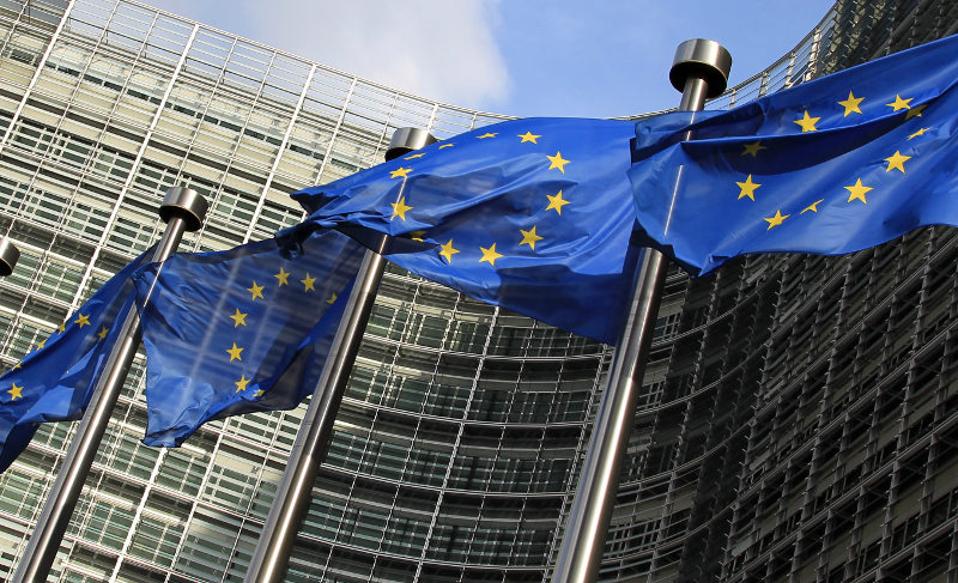‘Close’ instead of ‘enhanced’
Surveillance of economy to continue even after Greece’s emergence from special status

The European Commission opened the way on Monday for Greece’s exit from its enhanced surveillance status as of August 20; however, it also committed Athens to completing an additional 22 reforms by the end of the year in order to collect the final tranche of 748 million euros from the debt-easing measures agreed in 2018 (SMPs and ANFAs).
That final stretch of the enhanced surveillance concerns reforms that according to the Eurogroup agreement four years ago should have been completed, but the country was not able to do so for various reasons, including the pandemic and the war in Ukraine. Therefore Brussels and Athens have agreed to an extension up to October for their implementation that has now been associated with the disbursement of the €748 million from the eurozone central banks’ Greek bond earnings.
The normal tranche of the 14th assessment, whose report was released on Monday, will be approved by the eurozone finance ministers in June. The positive report will therefore mean another €748 million on the way to Greece.
The formation of a new framework of milestones for Greece to receive that final three-quarters of a billion euros, as well as the call from the EU for prudence in the use of the general escape clause from the Stability Pact show that while Greece ceases to be the odd one out among the eurozone economies, it will remain under close surveillance.
That is also what markets want, until the country secures investment grade. True, Greece’s emergence from its enhanced surveillance is set to be credit positive toward that national goal, as Prime Minister Kyriakos Mitsotakis also commented yesterday.
Finance Minister Christos Staikouras dubbed the Commission report “a milestone for the country” toward investment grade. “It therefore closes a difficult chapter for the country, along with the lifting of capital controls and the early repayment of the IMF loans, linked to the economic crisis of the previous decade.”





